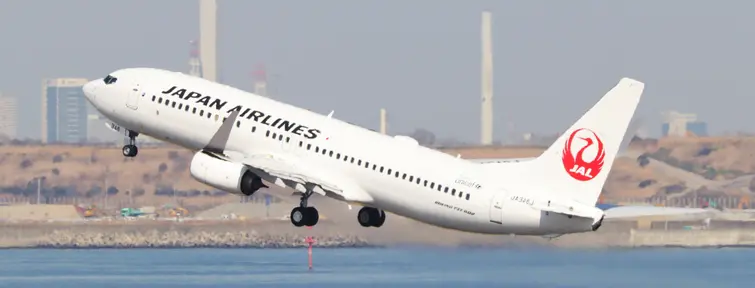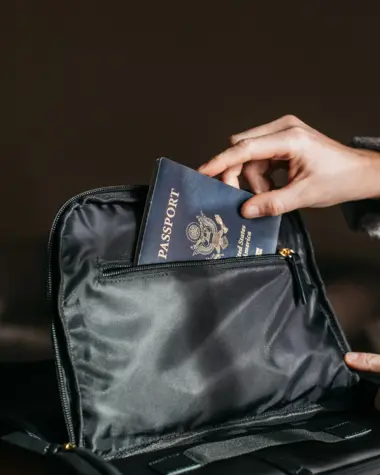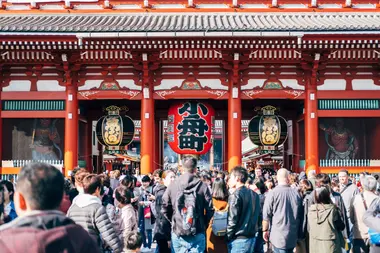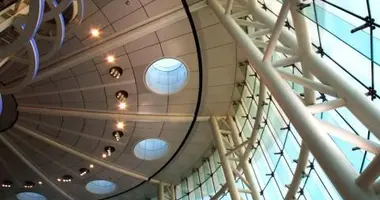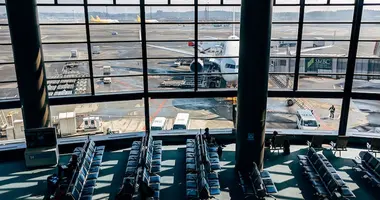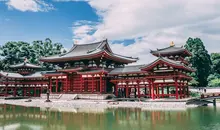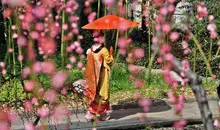JESTA: the new mandatory authorization to travel to Japan from 2028
- Published on : 09/07/2025
- by : Ph.L
- Youtube
From 2028, tourists from countries currently exempt from visa requirements for Japan (such as France, Belgium, Switzerland and Canada) will need to obtain an electronic authorization to travel.
Inspired by the American ESTA system and its British ETA counterpart, the Japan Electronic System for Travel Authorization (JESTA) marks a turning point for the archipelago, which is keen to boost its economy. What can we expect? Japan Experience takes stock.
36 million visitors later...
With over 36.9 million international visitors in 2024, Japan broke a personal tourism record (5 million more than in 2019).
Far from the major tourist powers, which are approaching 100 million annual visitors, the island nation is forced to deal with an influx of travelers for which it was unprepared. Queues at airports, congestion on shuttle buses to hotels: the country must now learn to regulate its arrivals efficiently to avoid trouble.
Check out our airport transfers in Japan
Travel easily between Japan's airports and your accommodation!

A fast, regular and direct link between Tokyo's Narita and Haneda airports
©Supplier
Although an attempt was made with the Japan Visit Web, an online service facilitating entry procedures into Japan, the results are now prompting the authorities to turn to compulsory authorization.
JESTA will enable efficient control of arrivals on the territory and shorten customs clearance times. It will also reduce overstays (49,800 such cases in 2016) and prevent incivilities by collecting user data. In this way, it will make the government's day-to-day work easier, as well as that of travelers willing to fork out a few yen to obtain the precious sesame.
A fee-paying authorization to be applied for online
From 2028, travelers staying less than 90 days will be required to obtain a JESTA.
Whether you're traveling for business (lecturers) or pleasure (on your own or through a travel agency), all nationals of the 72 countries that do not currently require a visa to enter Japan will have to apply for authorization online.
These include EU countries such as France, Belgium, Germany and Italy, as well as Switzerland, the UK and Canada.
It couldn't be simpler! As with current paper declarations to customs, you will need to indicate the following:
- Place of residence in Japan
- Duration and purpose of your stay
- Passport number, which will serve as identification
This information is crucial, as all passengers (including minors) must provide proof of this authorization before boarding. Anyone whose application is rejected or whose application is still pending at the time of departure will be denied boarding.
Once the information has been completed, you will need to make payment and wait for a (rapid) reply from the Immigration Office.
-> Consult the list of countries concerned on the official website of the Japanese Ministry of Foreign Affairs (MOFA).
How much does the JESTA cost?
At the time of writing, no information has yet been released on the price of the JESTA or its period of validity. But if Japan follows the examples of ESTA and ETA, the authorization should be valid for 2 to 5 years for multiple entries, at an estimated cost of between 1,500 and 3,000 yen per person.
Japan Experience will be able to help customers on escortedtours with the necessary formalities.
This information is crucial, since every traveler (even minors) will need to provide proof of this authorization before boarding. Any person who receives a negative reply or whose request is still pending at the time of departure will be refused boarding.
Once the information has been completed, you will need to make payment and wait for a (rapid) reply from the Immigration Office.
Discover all our Japan tours
Discover Japan differently with Japan Experience.
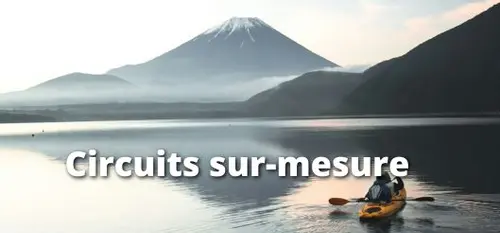
A shift in tourism?
While JESTA offers advantages for the Japanese government, it also raises the question of elitism in the tourism sector.
To date, no precise criteria for acceptance or refusal have been communicated. In a context where the archipelago is seeking to boost its economy while combating bad payers, a dissuasive price appears to be a judicious way of regulating tourism to the detriment of less well-off households. This is the method used by Bhutan and the Galapagos—two countries with relatively low tourism—to promote luxury tourism.
Could Japan follow suit? Several 5-star hotels have sprung up in smaller towns, such as the Mandarin Oriental in Takamatsu. Not to mention the many luxury hotels that are being built on the streets of major cities. Last year, the JNTO (Japan's government tourism body) focused on promoting luxury infrastructures, thus encouraging the arrival of wealthy travelers. In Kyoto, local taxes have also kept pace with inflation. However, it seems unlikely that Japan will go down this road.
In a difficult economic climate, the country has every interest in finding a sustainable balance between volume tourism and value tourism. A low-cost JESTA would not only ensure a steady influx of visitors but also replenish the state's coffers, battered by economic realities.
It has to be said that JESTA would not be Tokyo's only attempt in this direction.
In addition to the recent increase in the exit tax, the government has not ruled out the idea of making travel insurance compulsory to combat medical fraud. In 2024, more than 11,000 foreign travelers were reported to have returned home without having paid their medical bills. While this would not add to the budget deficit, it would still represent 61 million yen (359,900 euros). Bad press for foreigners, which could have a negative impact on future government decisions on tourism and immigration.
As all the information about JESTA is not yet available, don't hesitate to visit our website regularly and subscribe to our newsletter to make sure you don't miss out on any of the latest information to help you prepare for your trip to Japan. Good news! We're also on Instagram.
